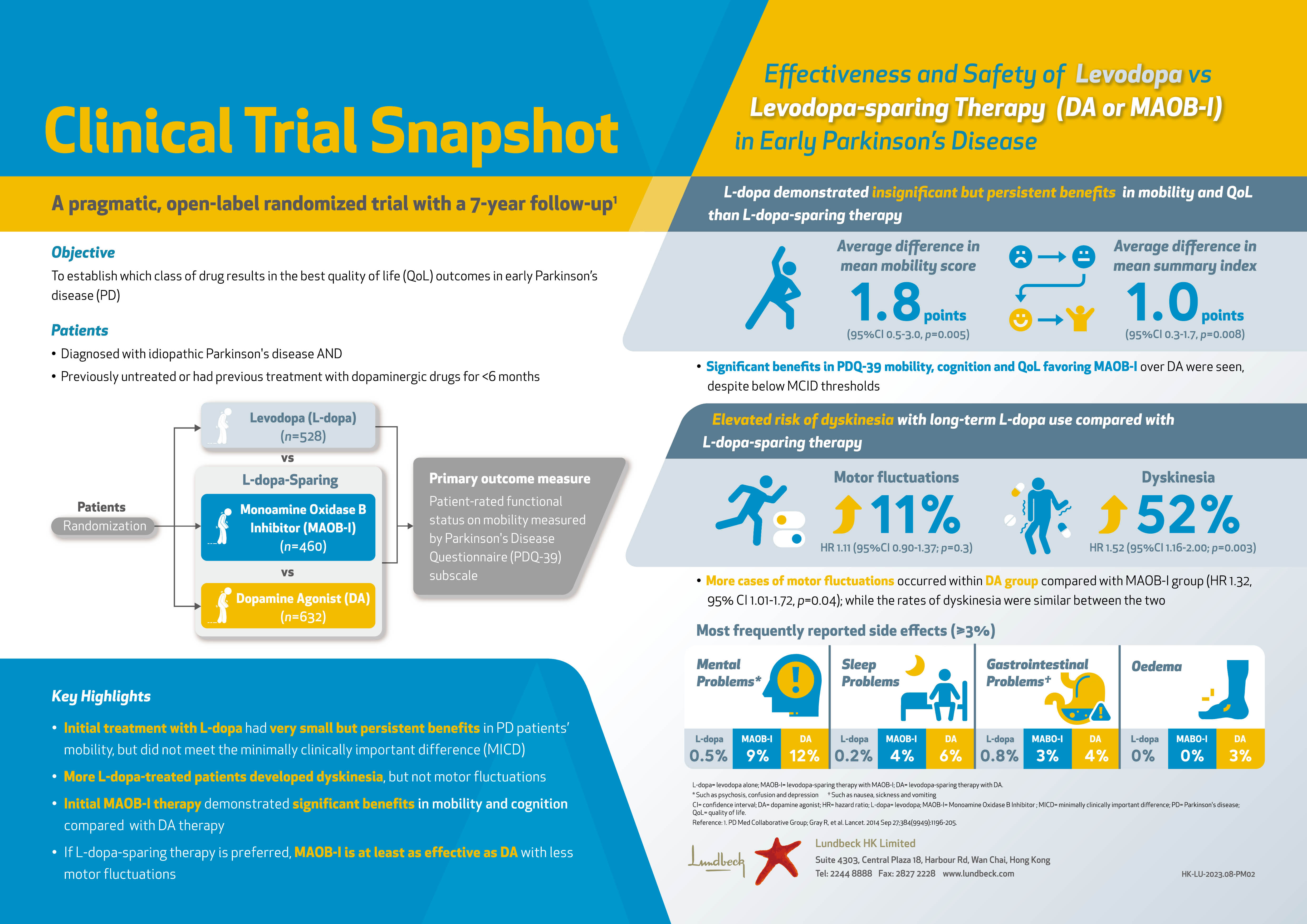Excessive sugar intake is associated with the increased risk of obesity and chronic diseases including diabetes and cardiovascular conditions. Thus, health promotion programs reducing sugar intake among population is needed to contain the prevalence of the chronic diseases. Nonetheless, the impacts of conventional health promotion and education are modest in general. In this regard, the soda taxes were implemented in several cities across the United States (US) with the aim of reducing sugar intake from sugar-sweetened beverages. Lozano-Rojas et al (2022) reported the impacts of soda tax in Philadelphia that a decrease in sugar intake from sugar-sweetened beverages was observed upon the introduction of the tax in the State since 2017. Nonetheless, an increase in sugar from purchases of sweetened foods of about 4.3% was revealed. The result further estimated that the substitution to sugary foods in Philadelphia offsets 19% of the decrease of sugar from sugar-sweetened beverages. Thus, the findings suggested that the soda tax would reduce sugary beverage consumption but the overall reduction in sugar intake and hence the prevalence of sugar-related chronic diseases would be offset by the substitution toward additional sugary foods.
Reference:
Lozano-Rojas F, et al. Health Econ. 2022 Nov;31(11):2381-2410





